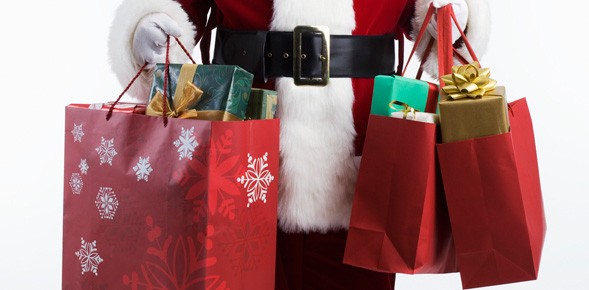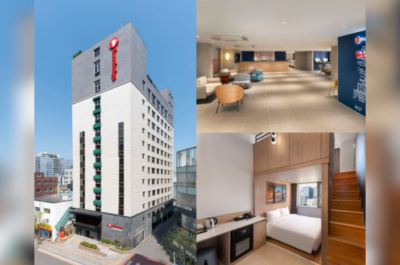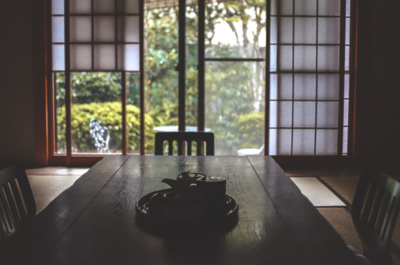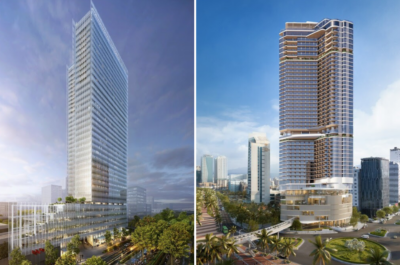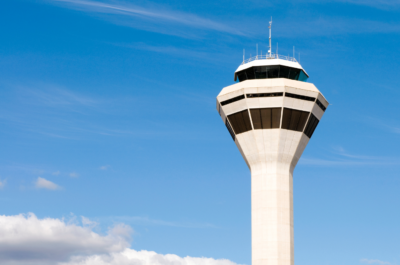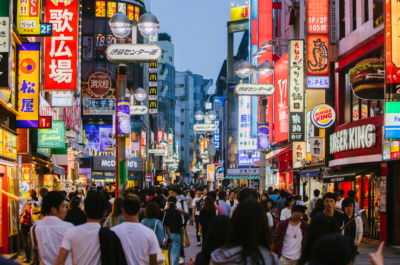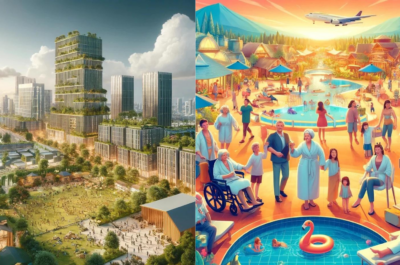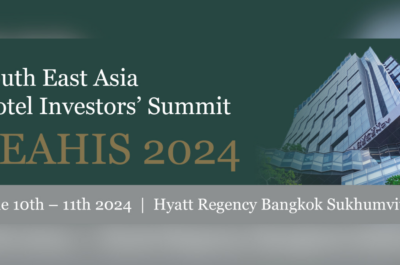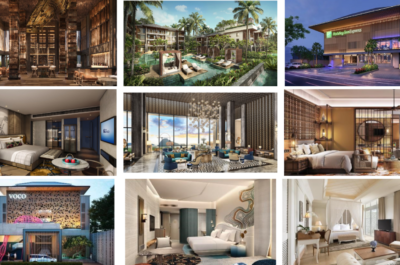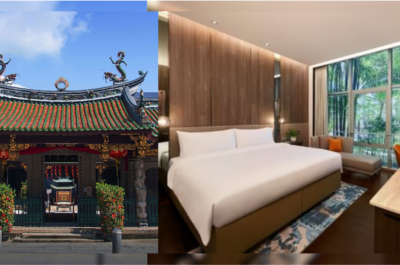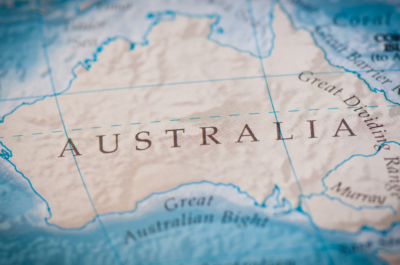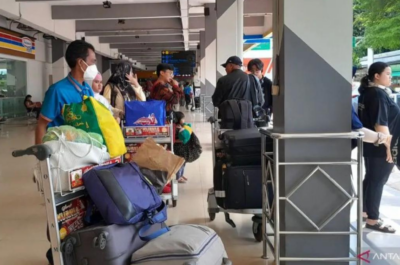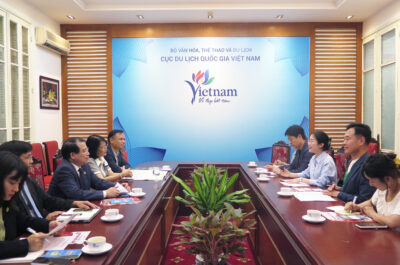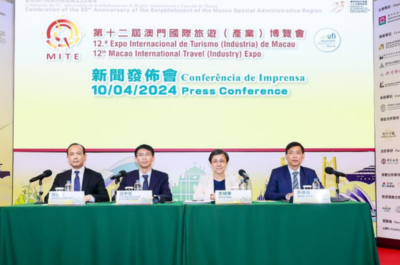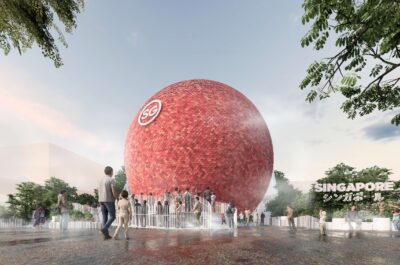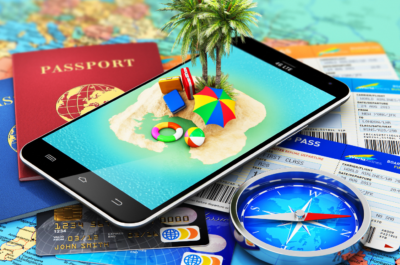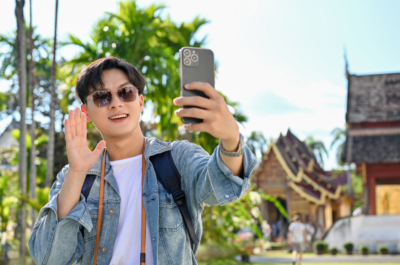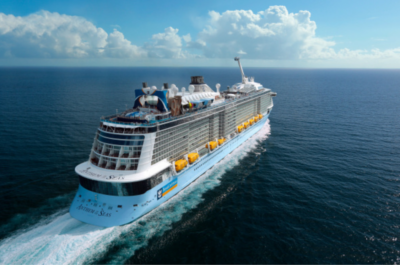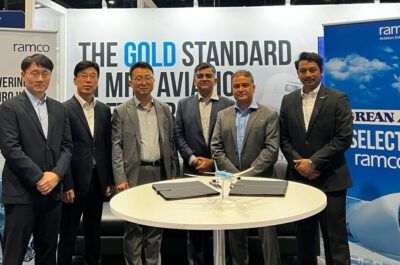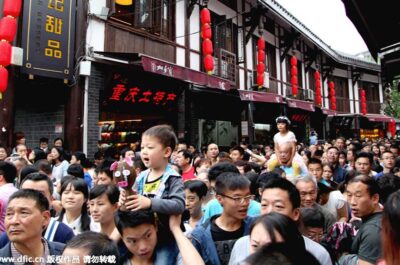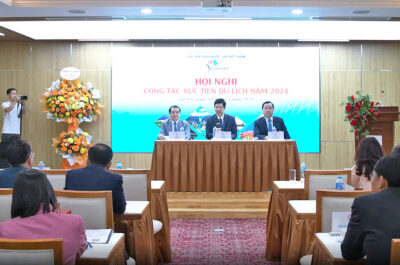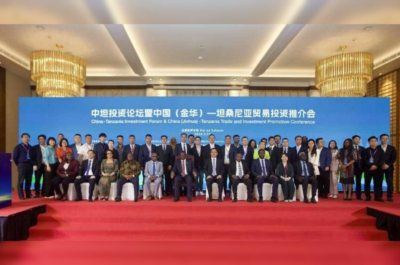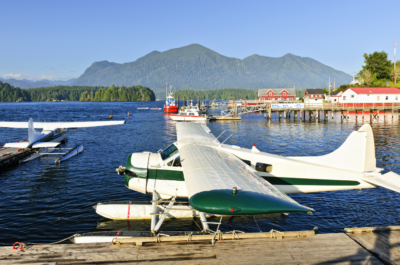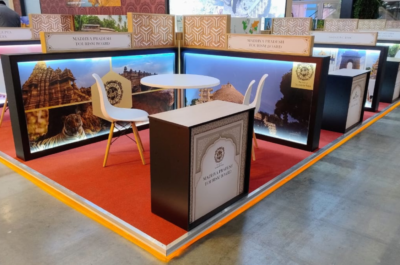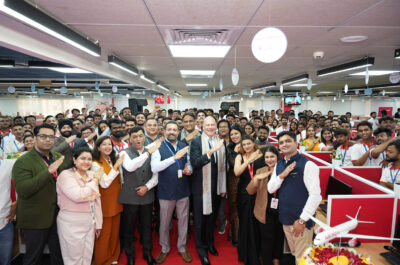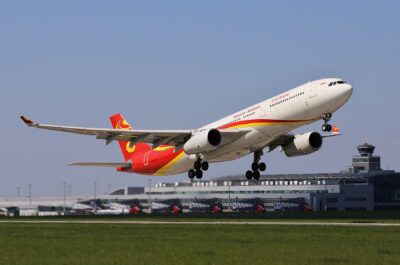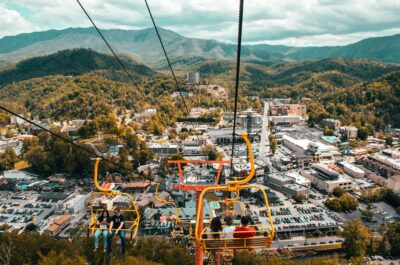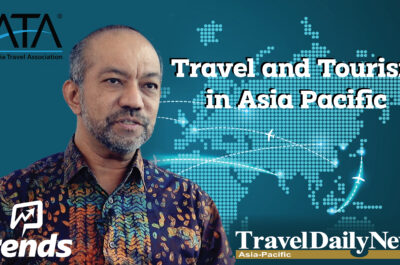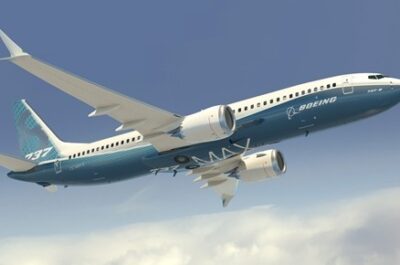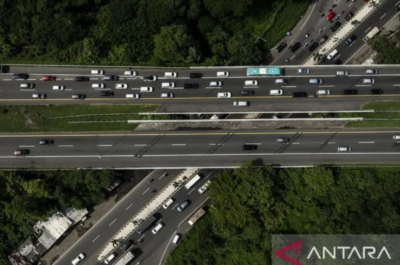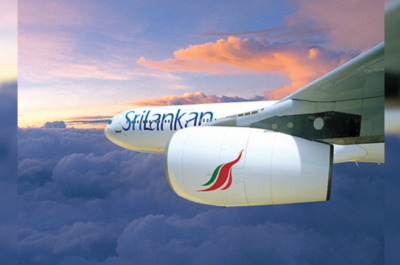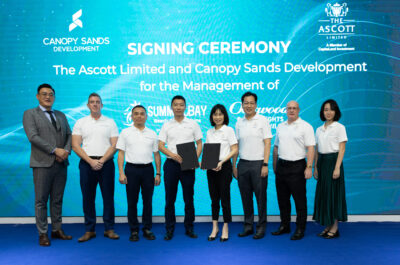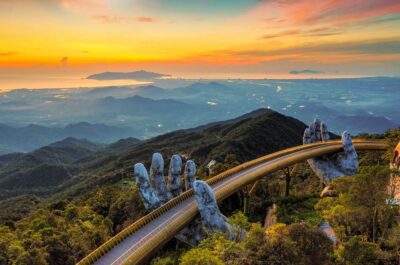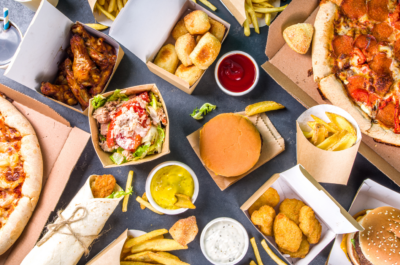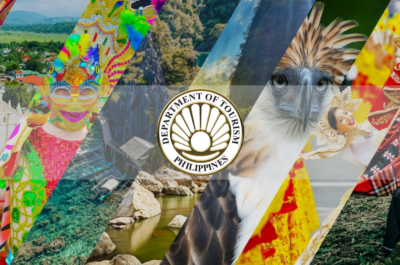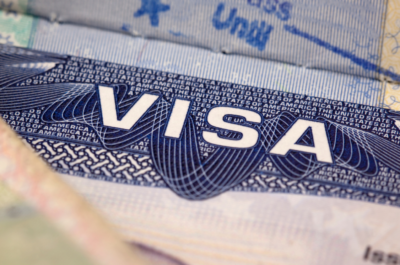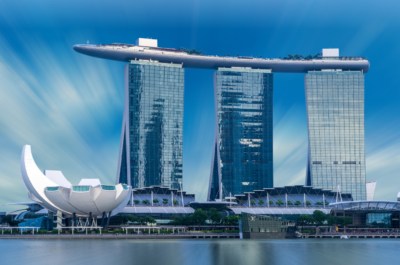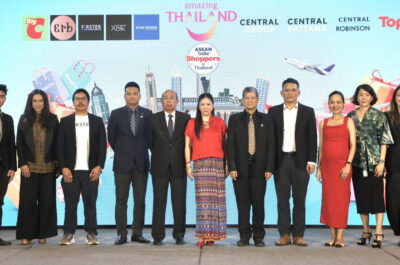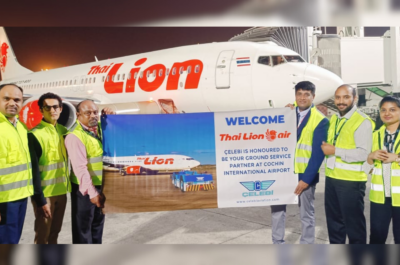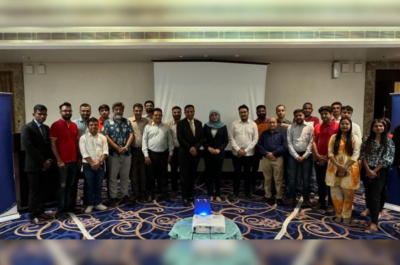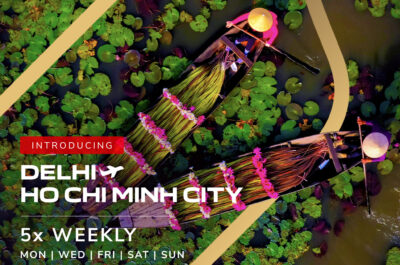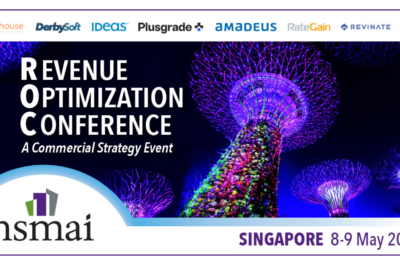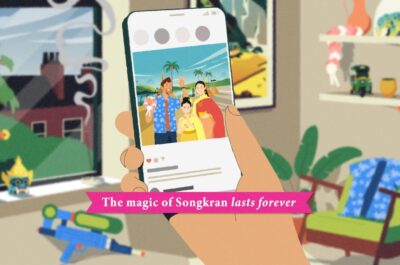The researchers suggest that understanding these factors, and related factors that are less affected by increases in the number of trips to Hong Kong, “will help destination marketing organisations and retailers formulate strategies that will suit the needs of mainland Chinese tourists and encourage them to shop more often in Hong Kong and to spend more”.
The desire to develop personally, enhance self-esteem and build prestige provide significant ongoing motivation for mainland Chinese to shop in Hong Kong, according to Dr Nelson Tsang, Miss Louisa Lee and Miss Carrie Liu of the School of Hotel and Tourism Management (SHTM) at The Hong Kong Polytechnic University in a recently published study. The researchers suggest that understanding these factors, and related factors that are less affected by increases in the number of trips to Hong Kong, “will help destination marketing organisations and retailers formulate strategies that will suit the needs of mainland Chinese tourists and encourage them to shop more often in Hong Kong and to spend more”.
As disposable income continues to rise in China, write the researchers, “the consumption structure is coming to emphasise personal development and enjoyment, with tourism serving as one of the more popular consumer goods”. Indeed, mainland Chinese already outspend their UK counterparts when visiting the US, and they are well on track to overtake Germans and Americans to become the world’s biggest overseas spenders.
With the Chinese currency increasing in international value, what the researchers describe as “a loss of consumer confidence in ‘Made in China’ products”, has meant the “Chinese consumers have tended to shift their spending on consumer goods from mainland China to Hong Kong to avoid tainted foods, fake drugs, toxic milk, and so on”. This has been aided in the last decade or so by “the Chinese abrogation of the tour group quotas and the introduction of the Individual Visit Scheme (IVS) in 2002 and 2003 respectively”, with mainland Chinese arrivals now accounting for “the vast majority” of visitors. Not surprisingly, retail sales capture two-thirds of the mainland tourist dollar.
Yet greater spending power has also meant greater choice, and Macao is expected to overtake Hong Kong in capturing mainland tourist spending in the near future thanks to its legalised gambling. The researchers thus caution that Hong Kong “could soon be replaced if it does not improve and strive to gain a better understanding of its main market”.
The researchers thus set out to assess what motivates mainland tourists to shop in Hong Kong. Two hundred visitors aged at least 18 years were surveyed about their shopping experience and expenditure in the city. They were also asked to indicate the significance of 30 specific motivations in terms of “perceived importance to their own shopping behaviour” so the researchers could identify “the underlying dimensions of Chinese tourists’ shopping motivation”.
A large majority of the tourists surveyed were aged between 19 and 35, most were women and held college or university degrees, and just under half had travelled to Hong Kong to shop more than nine times. Their monthly income levels – indicative of spending power – ranged from below RMB1,000 to over RMB20,000, with around a quarter earning from RMB5,001 to RMB6,000. Given that basis, roughly a quarter of the tourists spent an average of RMB2,001-RMB3,000 per trip, and 10% spent between RMB5,001 and RMB6,000.
Based on a previous focus group interview with six mainland Chinese exchange students in Hong Kong, the researchers identified a four-level hierarchy of tourist shopping motivation categories, with safety and security/physiological needs at the base, followed by relationship enhancement, esteem and self-development/self-actualisation at the apex.
A hierarchy such as this can capture shifts in motivation not only over time but more importantly with experience. “Once a need is satisfied”, the researchers explain in a general context, “it will no longer motivate the person and so he or she has to move on to the next level”.
With almost half of the tourists interviewed having made more than nine previous shopping trips to Hong Kong and a third having made between four and nine, the need to gain a feeling of safety and security from buying Hong Kong products certainly seemed only to be an initial motivation. Indeed, in ranking the importance of the 30 specific motivations the tourists indicated that they had moved from the base level of safety and security/psychological type motivations to being more motivated to gain “better product knowledge”, “visit stores related to my personal interests”, “derive happiness from shopping”, “experience Hong Kong’s special shopping environment” and “preserve memories of the good times I had in Hong Kong”.
This shift indicates a move towards what could be called more ‘personal’ motivations. That is certainly borne out in the researchers’ further classification of the 30 motivations into “seven underlying dimensions”, with concern for personal development, or seeking “personal growth and a sense of accomplishment through shopping” ranked the most important, followed by self-esteem and prestige, which is “related to the desire to attain a certain status”.
Less important, in order, were learning development, or the “desire to learn by experiencing new products and acquiring new information during shopping”, nostalgia and novelty, which mainly relates to “the act of preserving past experiences and memories” of Hong Kong, and relaxation and safety, which “refers to the desire to escape from one’s usual routine and obtain necessities for safety”. Following these were enjoyment and stimulation, which is “related to the enjoyment and happiness gained from shopping”, and relationship enhancement, or “the desire to establish relationships with family and friends through shopping”.
Perhaps more suggestively, personal development and self-esteem/prestige were significantly affected by the number of shopping visits made to Hong Kong. These were, the researchers explain, by far the most important motivating factors for those tourists who had visited Hong Kong nine or more times. In contrast, the extent of experience visiting the city had no significant influence on the other five factors.
Still, regardless of whether their importance shifts, all seven underlying motivation factors have important implications for tourism stakeholders in Hong Kong. The researchers suggest that the personal and learning development motives should lead retailers to “ensure that their sales staff possess sufficient product knowledge to answer queries and conduct regular training”. The development of brand image and its communication is clearly essential to capitalising on mainland Chinese tourists’ motivation to boost their self-esteem, as they “like to prove that they have attained a certain social class and that this is recognised by others”.
To appeal to mainland tourists motivated by nostalgia and novelty, the researchers advise, souvenirs should be sold that not only promote individual attractions such as Hong Kong Disneyland, “but also inject distinctive elements of Hong Kong culture”. Tourists most motivated by relaxation and safety, and enjoyment and stimulation, would be best served by being provided with “a comfortable shopping environment”.
In terms of catering to the relationship enhancement motive, the researchers propose that Hong Kong learn from the North American example and introduce gift cards designed for Chinese tourists. Doing so, they write, would not only boost revenue but would also acknowledge that “most Chinese appreciate monetary gifts as a convenient and effective way to satisfy someone for whom it is hard to find a nonmonetary gift”.
As they consider which of these areas to focus on, stakeholders will need to differentiate between mainland tourists with more and less shopping experience in Hong Kong to target the appropriate motivations. The ultimate goal, the researchers conclude, should always be to “make a strong contribution to upholding the reputation of Hong Kong as a Shopping Paradise”.
TravelDailyNews Asia-Pacific editorial team has an experience of over 35 years in B2B travel journalism as well as in tourism & hospitality marketing and communications.













